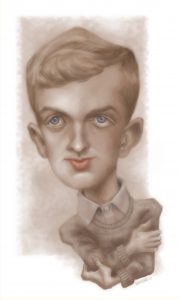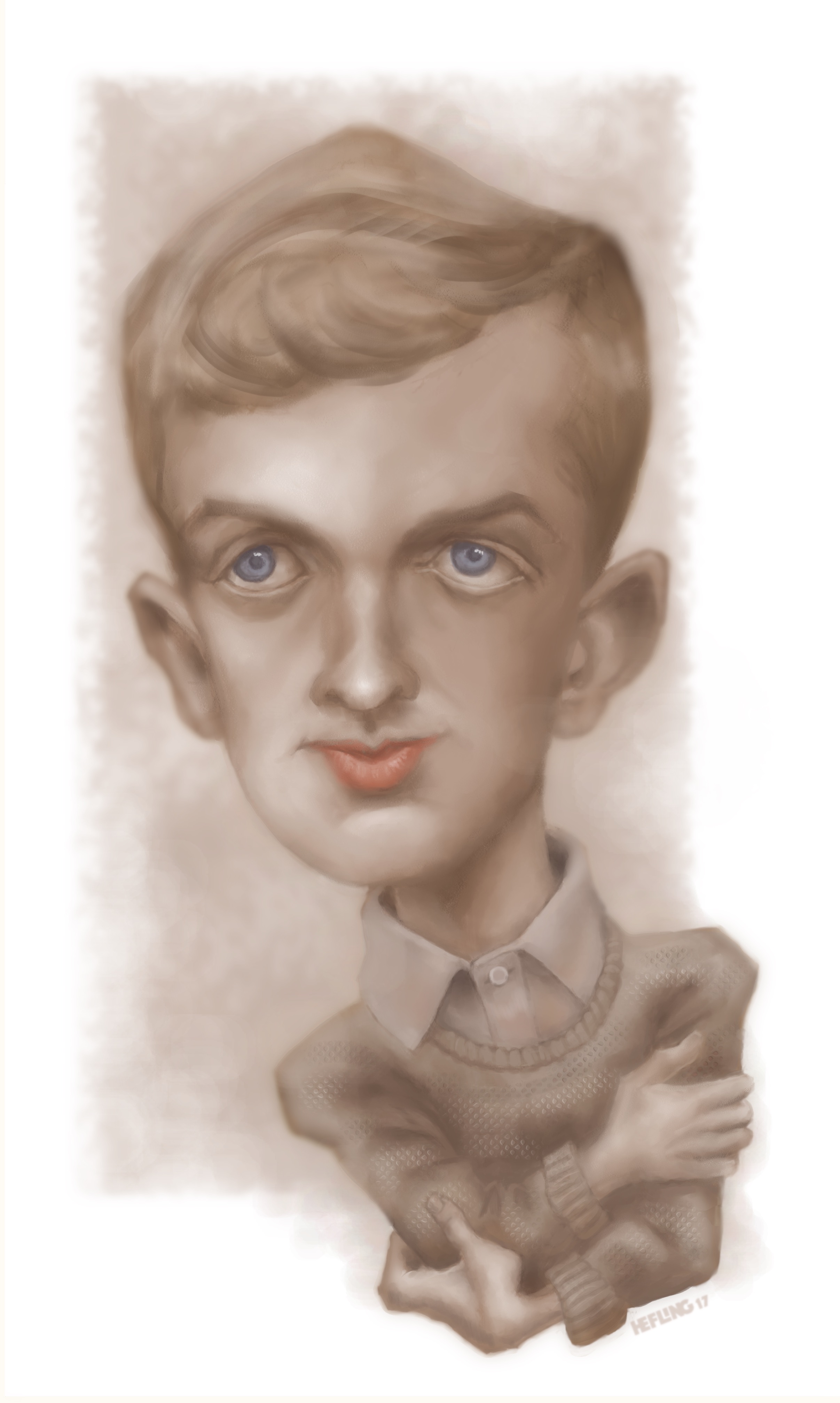 The End of Eddy
The End of Eddy
by Édouard Louis
Translated by Michael Lucey
Farrar, Straus & Giroux. 208 pages, $23.
FOR THOSE who cling to an image of France as a country steeped in the tradition of “liberté, égalité, fraternité,” the latest presidential election revealed a more insidious truth: a deeply divided country in which the extremist right-wing National Front managed to obtain almost eleven million votes (about 35 percent of the total). In his debut novel, The End of Eddy, Édouard Louis delves into this other France, plagued as it is by all types of phobias—homo-, Islamo-, and xenophobia in general.
A coming-of-age story, The End of Eddy describes in graphic detail the tribulations of a gay teenager growing up in the depressed northern region of France during the late 1990s and early 2000s. Eddy is subjected to all kinds of abuse. His neighbors find him strange, asking: “Why does he talk like a girl, why would he want to act like a girl when he’s a boy? Your son is a strange one, Brigitte (my mother), the way he’s behaving.” His parents disapprove of his mannerisms; they “would ask themselves Why does Eddy always act like such a girl? They’d tell me insistently: Calm down, can’t you lose the queeny gestures?” He is bullied at school: “Two boys appeared in the hallway, the first tall with red hair, and the second short with a hunchback. The tall redhead spat in my face. How do you like that, punk?” It’s just as he stated in the first sentence of the novel: “From my childhood I have no happy memories.”
Given these grim circumstances, the young Eddy tries everything to change his identity, to adopt the masculine code so as to overcome his otherness: “It seemed necessary that I stop behaving the way I had always behaved. I would have to watch the gestures I made while talking, I’d have to make my voice sound deeper, to devote myself to exclusively masculine activities. More soccer, different television programs, different CDs to listen to.” Try as he might, however, the body rebelled, as his desire for men could not be suppressed for long: “It hadn’t occurred to me that wanting to change, or telling lies to yourself, wouldn’t suffice to make the lies come true.” His only choice was thus to flee his milieu: “Running away was my only chance, it was all I had left.”
 Louis places gay identity at the core of his character, suggesting at times that his social status is incompatible with it: “Being attracted to boys transformed my whole relationship to the world, encouraging me to identify with values that were different from my family’s.” He demonstrates, however, the intersectionality of various prejudices, finding that anti-gay and racist sentiments spring from a common source. Eddy’s father, for instance, affirms that “Amiens is full of black people, Ay-rabs, towelheads, you go there and it’s like being in Africa. Best to stay away, you’re just gonna get robbed if you go.” Le Pen’s success, in part, was due to her ability to capitalize on these feelings, transforming them into a nationalist discourse that appealed to those who feel left behind by globalization.
Louis places gay identity at the core of his character, suggesting at times that his social status is incompatible with it: “Being attracted to boys transformed my whole relationship to the world, encouraging me to identify with values that were different from my family’s.” He demonstrates, however, the intersectionality of various prejudices, finding that anti-gay and racist sentiments spring from a common source. Eddy’s father, for instance, affirms that “Amiens is full of black people, Ay-rabs, towelheads, you go there and it’s like being in Africa. Best to stay away, you’re just gonna get robbed if you go.” Le Pen’s success, in part, was due to her ability to capitalize on these feelings, transforming them into a nationalist discourse that appealed to those who feel left behind by globalization.
For the young Eddy, education becomes the portal through which he eventually hopes to escape his milieu and gain access to another social class in which acceptance of difference might be a possibility: “Bourgeois people don’t exhibit the same kind of bodily habits. They don’t define virility the way my father did, the way the men at the factory did.” His merciless depiction of the lower class in France does little to counteract the negative stereotypes about social distinctions there and elsewhere. Yet, as he soon finds out, all social classes are plagued by prejudices, and ascending the social hierarchy doesn’t necessarily mean reaching a space of tolerance.
The End of Eddy was published in France in 2014 under the title En finir avec Eddy Bellegueule—gueule is a slang word in French meaning “mug” for face—when Édouard Louis was only 22 years old. The writing is raw, angry, authentic, realistic. The traumatic scenarios from his earlier life, rendered in vivid detail, become at times quite disturbing and painful for the reader. Louis has recently published a second novel, Histoire de la violence, which received positive critical acclaim in France. We are thus witnessing the blossoming of a strong new voice who has a long career ahead of him. Michael Lucey, professor of French at Berkeley, has done a praiseworthy translation, not an easy task given the amount of slang and regional words used in the original text.
Emmanuel Macron’s victory signals at least a temporary triumph against the mounting popularity of the far Right. Unlike the troubling results of other recent elections, the French at least decided to stand by the values of their Republic. That said, Louis’ novel reminds us to remain vigilant and keep fighting for the rights of all those who are marginalized in our society and for those who have not managed to escape their circumstances and find their own voice.
Eduardo Febles is an assistant professor in the Modern Languages Dept. of Simmons College.






